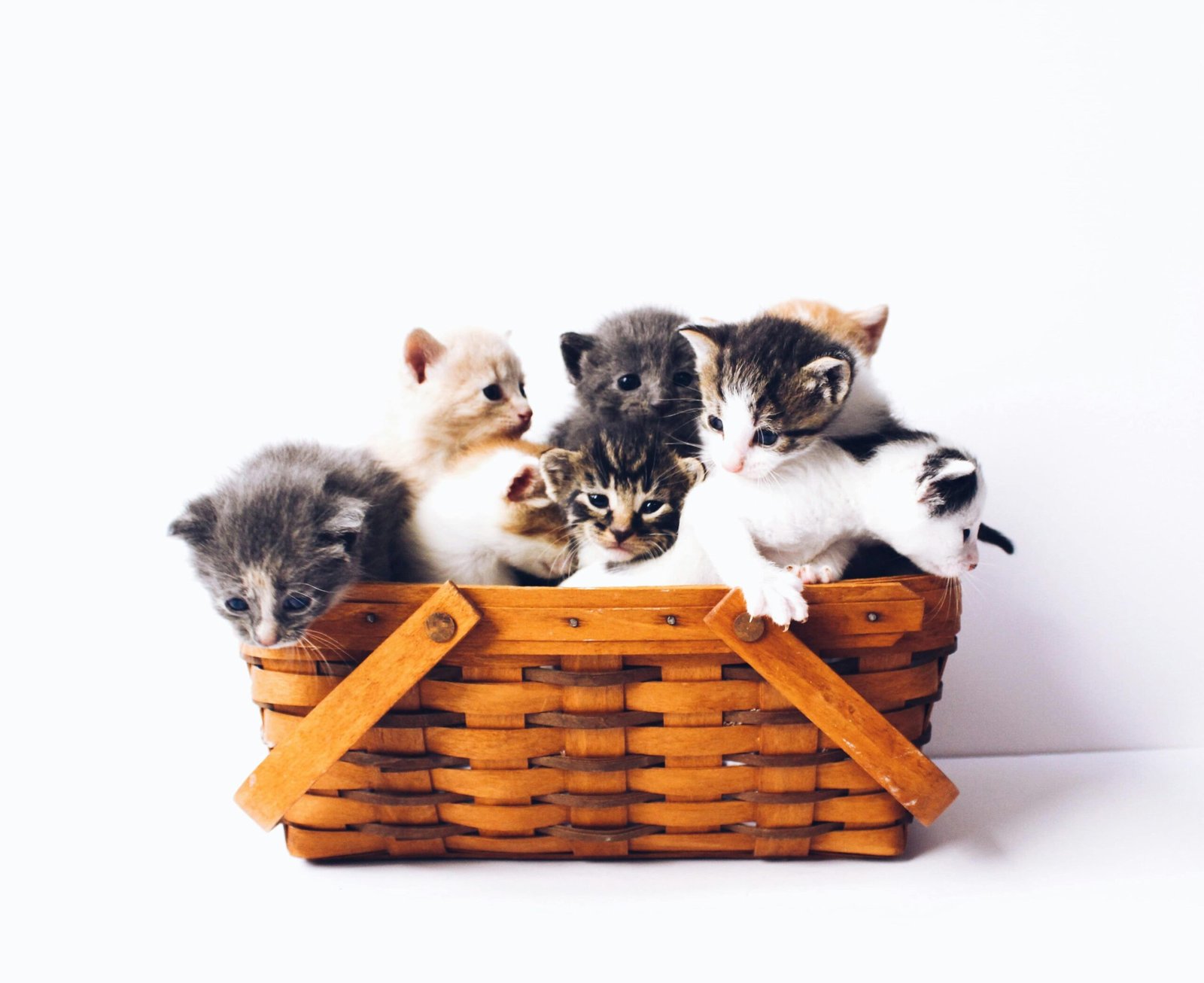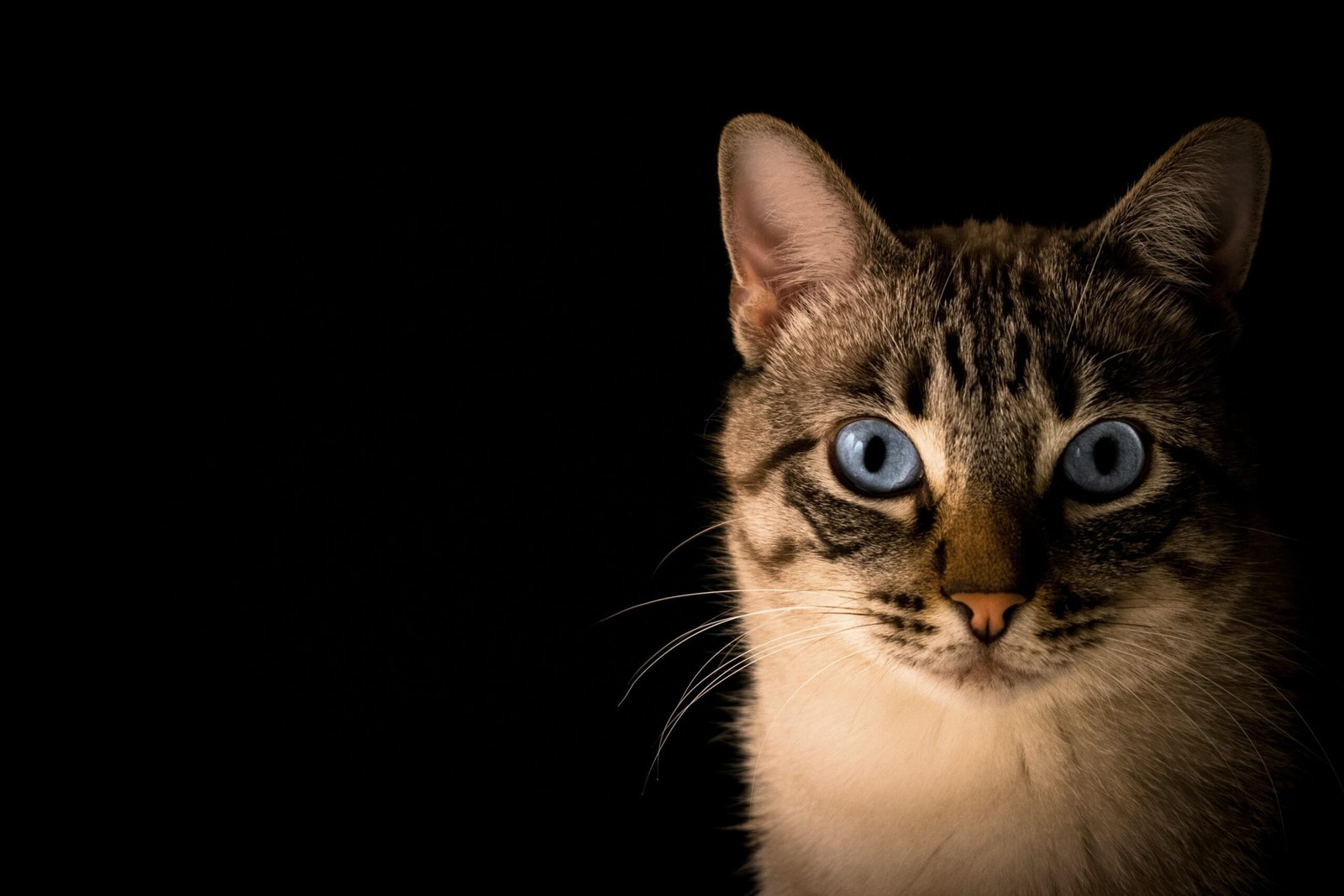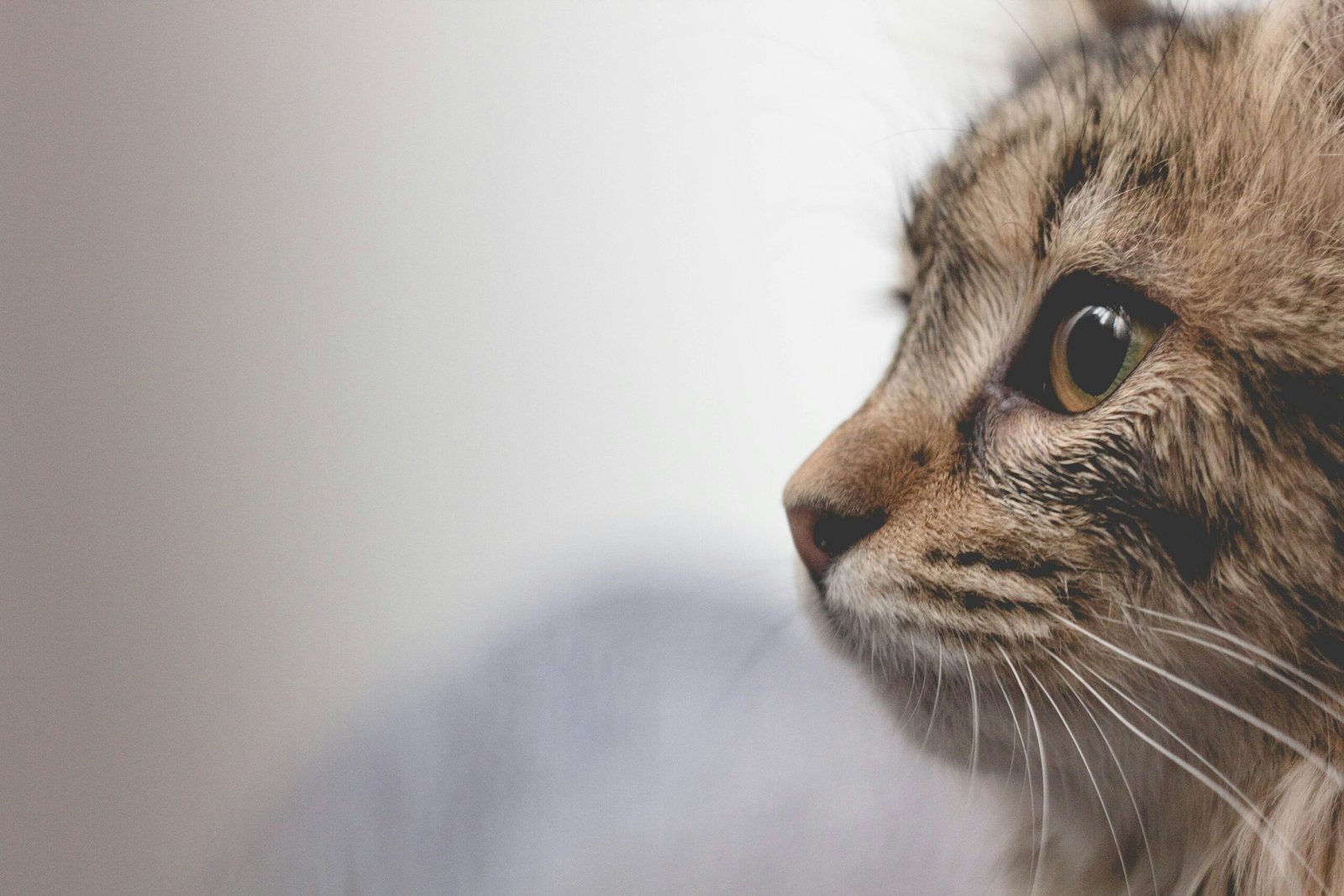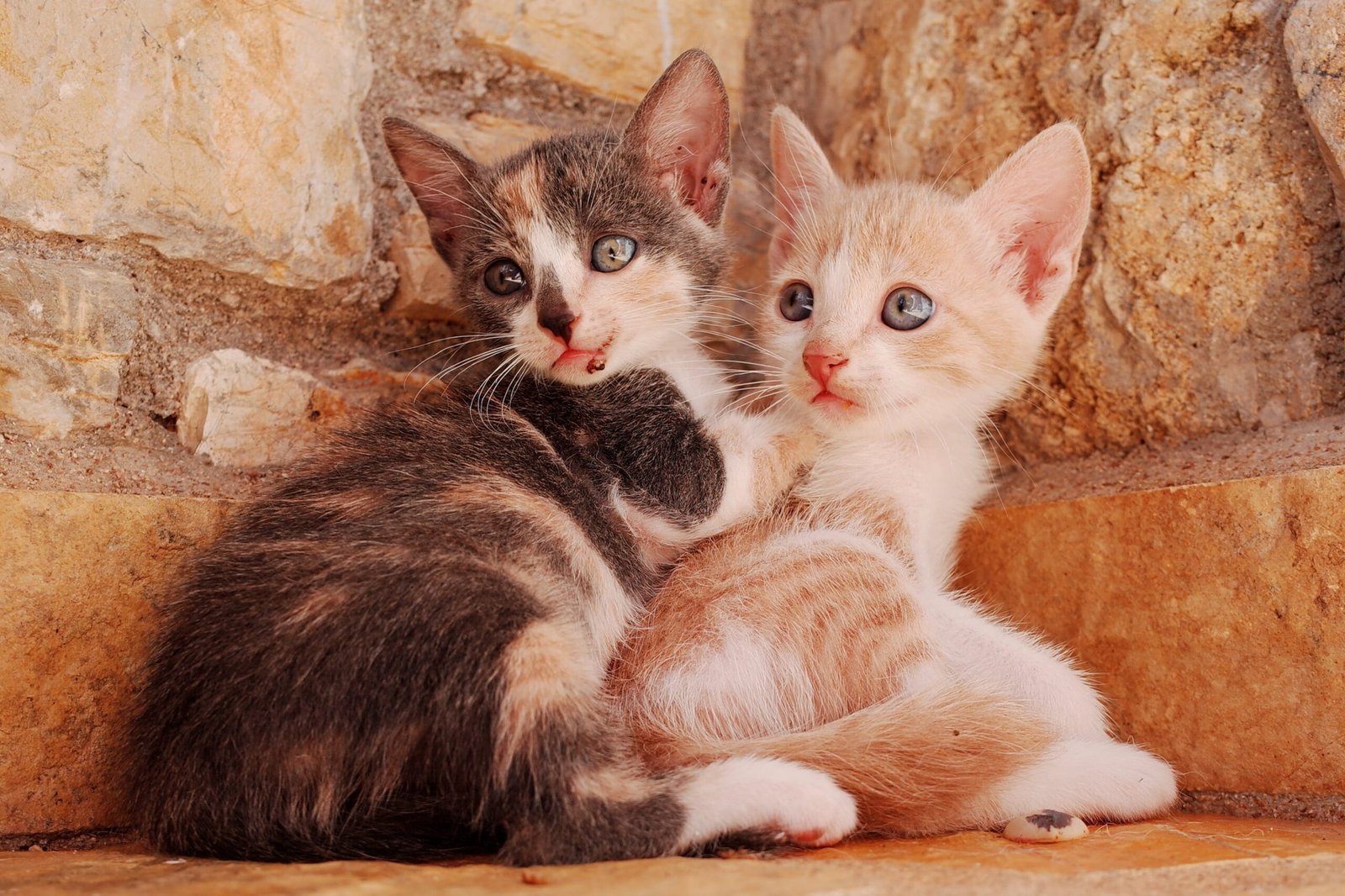Cats are known for their graceful and independent nature. However, when your feline companion starts sneezing excessively during the night, it can be a cause for concern. Sneezing in cats can be a sign of various underlying issues, ranging from common allergens to more serious health conditions. In this article, we will explore the possible reasons behind why your cat may be sneezing so much at night and discuss when it is necessary to seek veterinary care.
Possible Causes of Excessive Sneezing in Cats
- Allergies: Just like humans, cats can also suffer from allergies. Common allergens such as pollen, dust mites, mold, or certain ingredients in their food can trigger an allergic reaction, leading to sneezing fits. Allergy symptoms may worsen at night when your cat is exposed to indoor allergens that accumulate throughout the day.
Allergies in cats can manifest through symptoms such as sneezing, itching, watery eyes, and skin irritation. If your cat frequently sneezes at night and displays these symptoms, it is important to identify and eliminate potential allergens from their environment. This can be achieved by regularly cleaning your home, washing your cat’s bedding, and using hypoallergenic cleaning products. Additionally, consulting with a veterinarian to determine if a change in diet or medication is necessary can also provide relief for your cat.
- Upper Respiratory Infections: Cats are highly susceptible to upper respiratory infections, which are often caused by viruses or bacteria. These infections can lead to sneezing, coughing, nasal discharge, and other respiratory symptoms. If your cat’s sneezing is accompanied by these signs, it is important to consult a veterinarian for diagnosis and appropriate treatment.
Upper respiratory infections in cats can be caused by viruses such as feline herpesvirus or calicivirus, or bacteria such as Bordetella bronchiseptica. These infections are highly contagious and can be transmitted through direct contact with an infected cat or through contaminated objects. To prevent the spread of infection, it is important to isolate your sick cat from other cats and provide them with a warm and comfortable environment. Your veterinarian may prescribe antibiotics or antiviral medications to help alleviate the symptoms and speed up recovery.
- Foreign Objects: Cats are notorious for their curiosity and may often explore their surroundings. They may accidentally inhale or get a foreign object lodged in their nasal passages, leading to sneezing. If you suspect that your cat has a foreign object stuck in their nose, seek immediate veterinary assistance.
Foreign objects stuck in a cat’s nasal passages can cause irritation and inflammation, resulting in frequent sneezing. These objects can range from small pieces of debris to grass blades or even small toys. If you notice your cat sneezing excessively and suspect a foreign object, it is important not to try to remove it yourself as it can cause further injury. Instead, take your cat to a veterinarian who can safely and effectively remove the object using specialized tools.
- Environmental Irritants: Various environmental irritants, such as cigarette smoke, household cleaning chemicals, or strong fragrances, can trigger sneezing in cats. Ensure that your cat’s environment is free from such irritants to minimize their exposure.
Exposure to environmental irritants can lead to respiratory irritation and sneezing in cats. It is important to create a clean and safe environment for your cat by avoiding smoking indoors, using pet-friendly and non-toxic cleaning products, and minimizing the use of strong fragrances. Additionally, providing proper ventilation in your home can help remove any potential irritants from the air.
- Dental Issues: Dental problems, such as gum disease or tooth decay, can cause discomfort and lead to excessive sneezing in cats. Regular dental check-ups and proper oral hygiene can help prevent these issues.
Dental issues can contribute to sneezing in cats, especially if the dental problems are affecting the nasal passages. Inflammation or infection in the mouth can lead to sneezing as a result of postnasal drip or irritation of the nasal tissues. To maintain your cat’s dental health, it is important to schedule regular dental check-ups with a veterinarian. They can perform dental cleanings, address any dental issues, and provide guidance on proper oral hygiene practices for your cat.
- Nasal Polyps: Nasal polyps are non-cancerous growths that can develop in a cat’s nasal cavity. These polyps can obstruct the airway, causing difficulty in breathing and frequent sneezing. If you suspect your cat has nasal polyps, it is crucial to consult a veterinarian for proper evaluation and treatment.
Nasal polyps can be a cause of chronic sneezing in cats. These growths can obstruct the nasal passages, leading to difficulty breathing and frequent sneezing. If your cat displays persistent sneezing, nasal discharge, or difficulty breathing, it is important to seek veterinary care. Your veterinarian may recommend imaging tests, such as X-rays or CT scans, to confirm the presence of nasal polyps. Treatment options may include surgical removal of the polyps or medical management to reduce their size and alleviate symptoms.
When to Seek Veterinary Care
While occasional sneezing is normal for cats, persistent or severe sneezing can indicate an underlying health issue. If your cat’s sneezing is accompanied by any of the following symptoms, it is recommended to seek veterinary care:
- Nasal discharge that is thick, colored, or foul-smelling
- Difficulty breathing or rapid breathing
- Loss of appetite or weight loss
- Lethargy or decreased activity levels
- Coughing or wheezing
- Swelling around the nose or face
- Sneezing blood or bleeding from the nose
These symptoms may indicate a more serious condition that requires prompt attention from a veterinarian. Early detection and treatment can help prevent further complications and improve the overall well-being of your cat.
Tips to Help Your Sneezing Cat
If your cat’s sneezing is not accompanied by any concerning symptoms and you suspect it may be due to allergens or mild irritants, there are a few things you can do to help alleviate their discomfort:
- Keep Your Home Clean: Regularly dust, vacuum, and clean your home to minimize the presence of allergens. Wash your cat’s bedding frequently and consider using hypoallergenic or fragrance-free cleaning products.
Maintaining a clean home environment can help reduce allergens that may trigger sneezing in your cat. Vacuuming regularly, dusting surfaces, and washing your cat’s bedding frequently can help eliminate common allergens such as dust mites or pollen. Additionally, choosing hypoallergenic or fragrance-free cleaning products can minimize the risk of respiratory irritation for your cat.
- Monitor Pollen Levels: Monitor the local pollen levels and try to keep your cat indoors during high pollen days. Keep windows closed and use air purifiers to reduce indoor allergens.
Pollen can be a common allergen for cats, especially during certain seasons. By monitoring the local pollen levels, you can plan accordingly to keep your cat indoors during high pollen days. Keeping windows closed and using air purifiers equipped with HEPA filters can help reduce the amount of pollen and other allergens circulating indoors, providing relief for your cat.
- Provide a Balanced Diet: Ensure your cat is receiving a balanced and nutritious diet. In some cases, certain ingredients in cat food can trigger allergies. Consider switching to a hypoallergenic or grain-free diet after consulting with your veterinarian.
A balanced and nutritious diet is essential for your cat’s overall health and immune system. Some cats may be sensitive to certain ingredients in their food, leading to allergies and sneezing. If you suspect that your cat’s sneezing is related to their diet, consulting with a veterinarian can help determine if a hypoallergenic or grain-free diet would be beneficial for your cat’s specific needs.
- Avoid Irritants: Keep your cat away from cigarette smoke or strong fragrances that may irritate their respiratory system.
Exposure to cigarette smoke and strong fragrances can irritate your cat’s respiratory system, leading to sneezing and other respiratory symptoms. It is important to create a smoke-free environment for your cat and avoid the use of strong perfumes or air fresheners. Additionally, be cautious when using household cleaning chemicals and ensure proper ventilation to minimize any potential respiratory irritants.
- Consult with a Veterinarian: If your cat’s sneezing persists or worsens, it is always best to seek professional advice from a veterinarian. They can examine your cat, perform necessary tests, and recommend appropriate treatment options.
If your cat’s sneezing continues despite your efforts to alleviate their symptoms, it is important to consult with a veterinarian. They can conduct a thorough examination, including checking for any underlying health conditions, and recommend appropriate treatment options. Your veterinarian may recommend additional diagnostic tests, such as blood tests or imaging, to further evaluate your cat’s respiratory system.
Remember, while it can be concerning to see your cat sneezing excessively at night, most cases are easily treated or managed with proper veterinary care. By understanding the potential causes and seeking timely intervention, you can help your furry friend breathe easy and enjoy a healthy, sneeze-free life.
FAQ
1. What are the possible causes of excessive sneezing in cats?
Excessive sneezing in cats can be caused by allergies, upper respiratory infections, foreign objects in the nasal passages, environmental irritants, dental issues, or nasal polyps.
2. When should I seek veterinary care for my sneezing cat?
You should seek veterinary care if your cat’s sneezing is accompanied by symptoms such as nasal discharge, difficulty breathing, loss of appetite, lethargy, coughing, swelling around the nose or face, or sneezing blood.
3. How can I help my sneezing cat at home?
You can help your sneezing cat by keeping your home clean, monitoring pollen levels and keeping your cat indoors during high pollen days, providing a balanced diet, avoiding irritants such as cigarette smoke or strong fragrances, and consulting with a veterinarian for guidance.
4. What should I do if my cat’s sneezing persists or worsens?
If your cat’s sneezing continues despite your efforts, it is best to consult with a veterinarian. They can examine your cat, perform necessary tests, and recommend appropriate treatment options.











